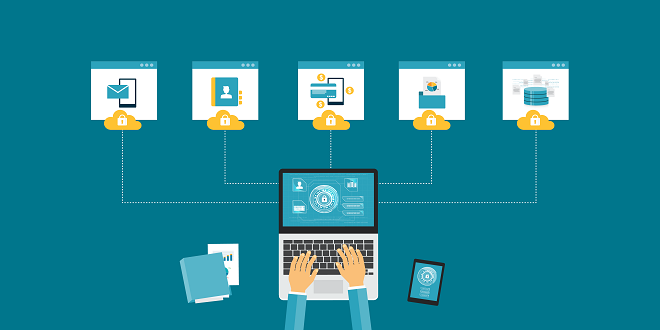
Modern companies have access to a lot of data that they wish to keep private. This includes financial and demographic data about customers.
Find out more about Digital Fire Security
Data encryption can be used to protect data privacy and allow authorized personnel access to it. However, encryption isn’t foolproof. By being informed about your options and understanding how encryption works, you can reduce your risk and protect your most valuable assets.
What is Data Encryption?
Data encryption is a method to protect data confidentiality by encoding it in the ciphertext. This can only be decoded with a specific decryption key that has been generated either at the time of encryption or earlier. Data encryption is often used with authentication services for data storage and transfer in order to ensure keys are only given or used by authorized users.
Importance Data Encryption
Because data is easier to access than ever and is more attractive to hackers, protection is even more important. Many firms are required to comply with data protection regulations. Some of these regulations specifically require encryption.
Data integrity is enhanced by encryption. It also provides privacy protection and prevents illegal access.
Encryption can be used to verify the authenticity and source of data, in addition to protecting against unauthorized changes.
Types of Data Encryption
Symmetric encryption uses a single secret key, which has been exchanged previously between the parties. Although it is faster and cheaper than asymmetric encryption it can be used to protect your data. However, the key must be encrypted in order to make sure that you are not relying on another key. There are several symmetric encryption types that are common, including Triple DES and Twofish, Advanced Encryption Standard, (AES), Data Encryption Standards, (DES), and Data Encryption Standard.
Asymmetric encryption is also known as public-key encryption. It encrypts or decrypts data using a combination private and public keys. Asymmetric encryption is used by multiple users and open networks because the public key can freely be exchanged without the risk of information theft. RSA, ElGamal and PKCS are the most widely used asymmetric encryption algorithms.
The tech industry faces challenges including cybersecurity threats and ethical and privacy concerns. These issues impact the sector significantly and require ongoing attention to safeguard sensitive data and maintain trust.
Can Encrypted Data be Hacked?
It is possible to hack encrypted data, so the simple answer is yes. These are the ways cyberpunks can hack encryption systems.
Endpoint devices often offer full disk encryption as an option. An attacker can gain access to an endpoint device using malware and then use its keys to decrypt data.
In an effort to crack an encryption system, attackers often resort to brute force to attempt a variety of keys. The success rate of an attack depends on its key size. The majority of encryption standards require 256-bit encryption keys.
Even with these risks encryption is a strong and reliable security tool. It is important to consider encryption as an additional layer of protection, and not the only one that businesses use to protect their data.
No matter what method you choose, encryption is crucial to protect the company’s most valuable asset: data. As data privacy and control become more important, the keys that can secure this data will be even more valuable.





